Dairy and beef farmers are to be sent letters detailing how at-risk their herd is of TB and a new programme will see vets give farmers actions to tackle TB on their farm, documents seen by the Irish Farmers Journal show.
Farmers are to receive the letters this month from the Department of Agriculture setting out how at-risk their herd is of contracting TB.
The letters will also give farmers an individualised report on cattle being brought into the herd to enable them to better understand this source of risk of the disease.
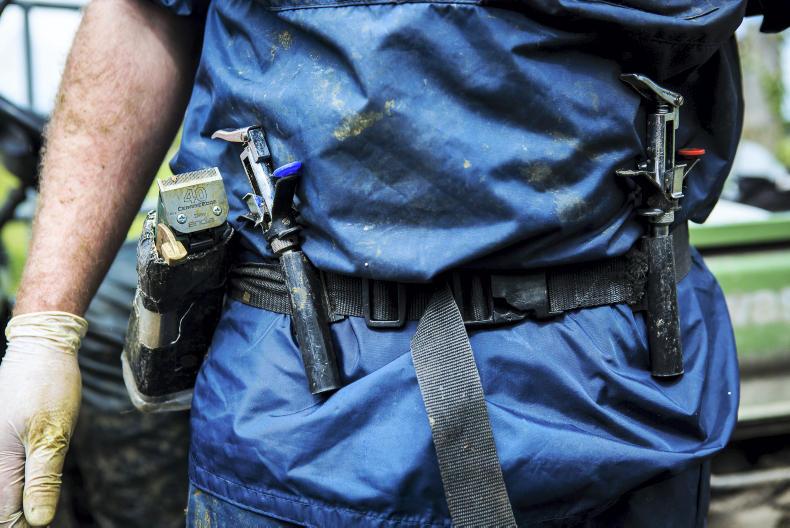
Each letter will flag individual animals in the herd which are at a higher risk of contracting the disease and will enable farmers to better manage their risk.
Farmers are not required to do anything on foot of the letters.
A new programme is also to begin in September which will see private vets tailor biosecurity actions to farmers with TB in their herds in order to reduce the risk of TB.
The actions taken will vary depending on the farm risk.
TB levels
The levels of TB in cattle have continued to rise since 2016 and, as of 15 June, on a 12-month rolling basis, Department of Agriculture figures show that herd incidence stood at 3.97% and reactor numbers stood at 19,149.
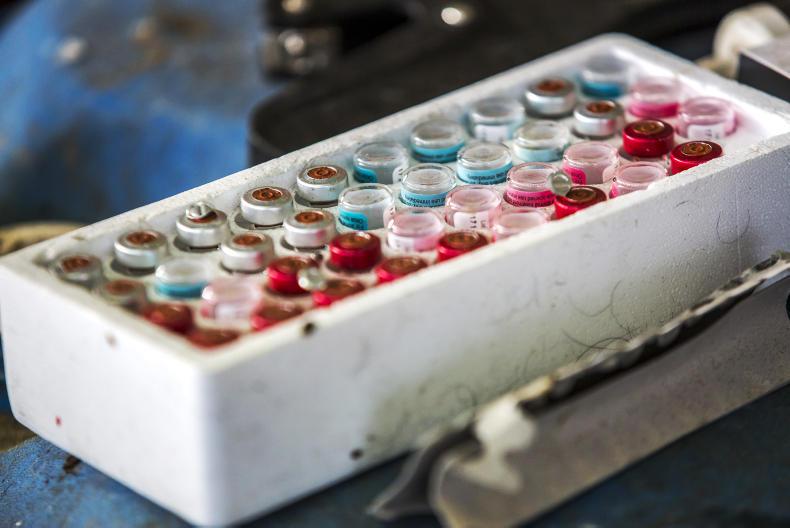
As things stand, this is the highest incidence of TB since 2012 and the highest number of reactors since 2010.
The Department lays the blame at the door of the dairy herd, backing it up with figures which show that 52% of reactors in 2019 were in dairy herds, compared with 46% in 2015. It said that the high number of cattle movements also contributes to the risk.
EU funding under threat
Ireland’s TB programme is funded from three areas; the EU, the Irish Exchequer and farmers. In 2019, it is estimated the programme cost €92m; farmers (c€35m), the EU (€7m) and the State (c€50m).
The Department expects compensation for reactor animals to hit €16.5m for 2020, an increase from the €14m in 2019.
“This is the highest rate of expenditure on reactors in a decade,” the document says.
The Department has acknowledged that Ireland is facing a significant challenge in securing EU co-funding for TB eradication in 2021, as a result of increasing reactor numbers, and that any shortfalls will have to be met solely by the Irish Government.
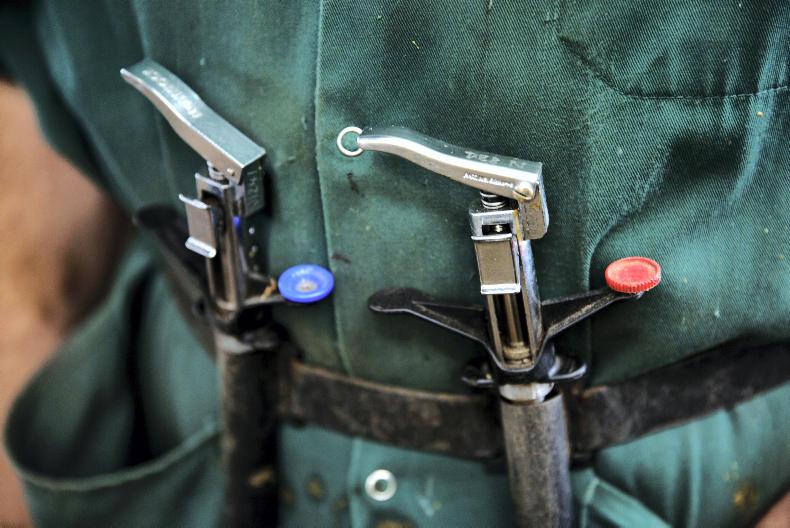
EU contributions to the programme have waned in recent years, with Department officials reckoning that future EU support will be “very limited”.
“Costs for the State and farmers will continue to rise unless disease levels are reduced,” the document warns.
Reports
The Department has commissioned two independent reviews into Ireland’s TB programme, with results expected to be published this month; one on a cost-benefit analysis of the programme and another on the on-farm market valuation scheme which compensates farmers.
A new TB programme is to be launched later this year, along with a TB stakeholder oversight group.
Read more
Cattle at risk from TB-positive badgers
Department moves to tighten rules on inconclusive TB reactors
Rising TB figures causing concern
Dairy and beef farmers are to be sent letters detailing how at-risk their herd is of TB and a new programme will see vets give farmers actions to tackle TB on their farm, documents seen by the Irish Farmers Journal show.
Farmers are to receive the letters this month from the Department of Agriculture setting out how at-risk their herd is of contracting TB.
The letters will also give farmers an individualised report on cattle being brought into the herd to enable them to better understand this source of risk of the disease.

Each letter will flag individual animals in the herd which are at a higher risk of contracting the disease and will enable farmers to better manage their risk.
Farmers are not required to do anything on foot of the letters.
A new programme is also to begin in September which will see private vets tailor biosecurity actions to farmers with TB in their herds in order to reduce the risk of TB.
The actions taken will vary depending on the farm risk.
TB levels
The levels of TB in cattle have continued to rise since 2016 and, as of 15 June, on a 12-month rolling basis, Department of Agriculture figures show that herd incidence stood at 3.97% and reactor numbers stood at 19,149.

As things stand, this is the highest incidence of TB since 2012 and the highest number of reactors since 2010.
The Department lays the blame at the door of the dairy herd, backing it up with figures which show that 52% of reactors in 2019 were in dairy herds, compared with 46% in 2015. It said that the high number of cattle movements also contributes to the risk.
EU funding under threat
Ireland’s TB programme is funded from three areas; the EU, the Irish Exchequer and farmers. In 2019, it is estimated the programme cost €92m; farmers (c€35m), the EU (€7m) and the State (c€50m).
The Department expects compensation for reactor animals to hit €16.5m for 2020, an increase from the €14m in 2019.
“This is the highest rate of expenditure on reactors in a decade,” the document says.
The Department has acknowledged that Ireland is facing a significant challenge in securing EU co-funding for TB eradication in 2021, as a result of increasing reactor numbers, and that any shortfalls will have to be met solely by the Irish Government.

EU contributions to the programme have waned in recent years, with Department officials reckoning that future EU support will be “very limited”.
“Costs for the State and farmers will continue to rise unless disease levels are reduced,” the document warns.
Reports
The Department has commissioned two independent reviews into Ireland’s TB programme, with results expected to be published this month; one on a cost-benefit analysis of the programme and another on the on-farm market valuation scheme which compensates farmers.
A new TB programme is to be launched later this year, along with a TB stakeholder oversight group.
Read more
Cattle at risk from TB-positive badgers
Department moves to tighten rules on inconclusive TB reactors
Rising TB figures causing concern







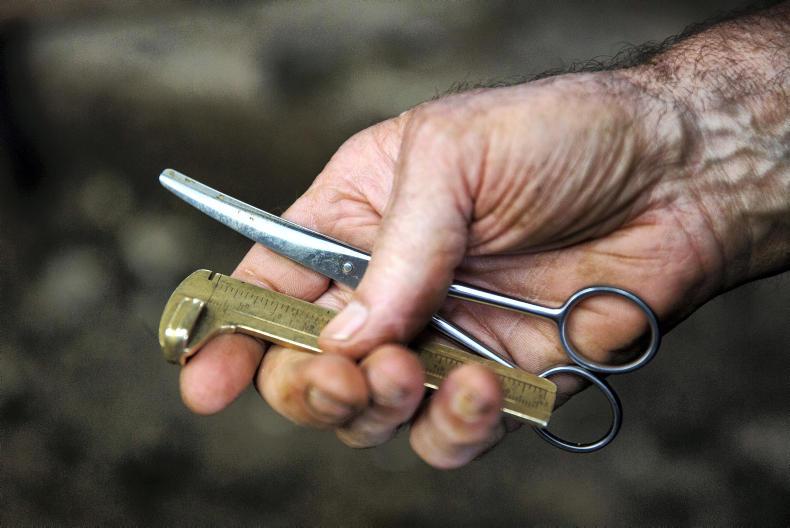
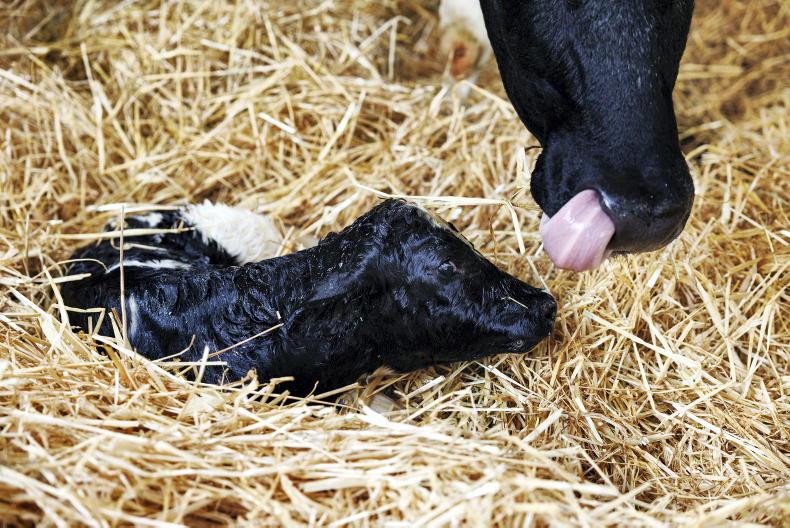
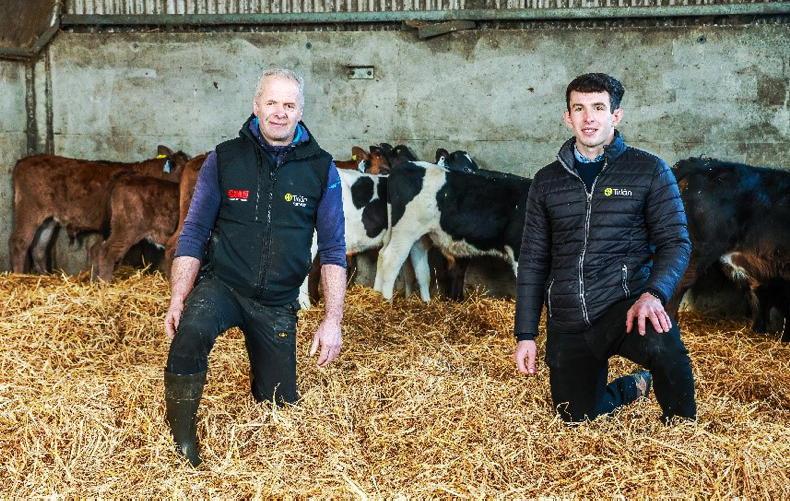
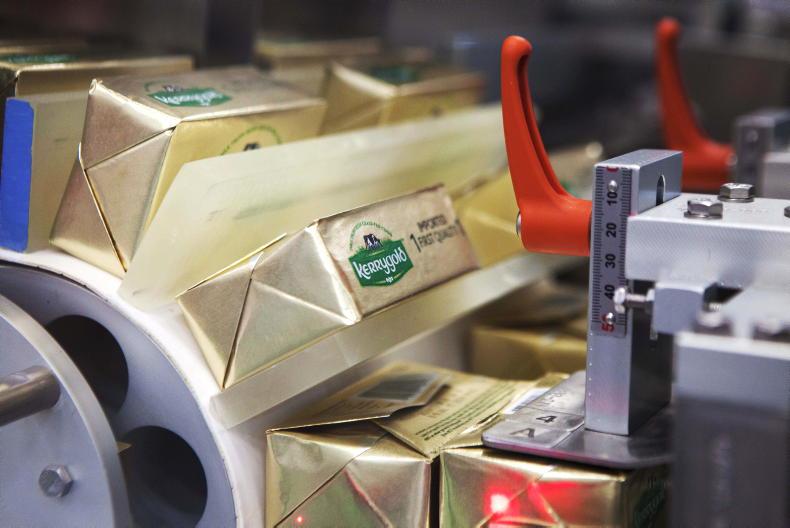

SHARING OPTIONS